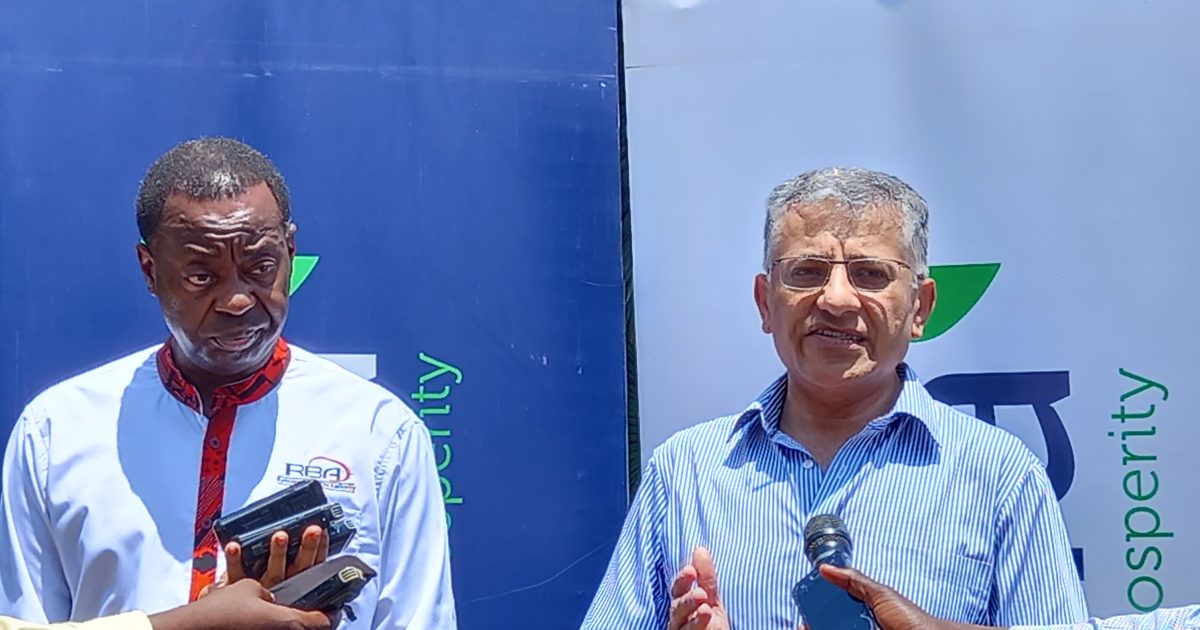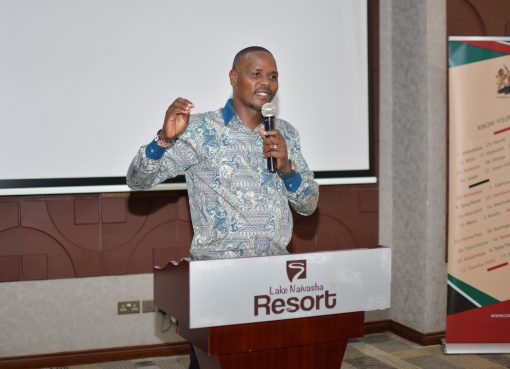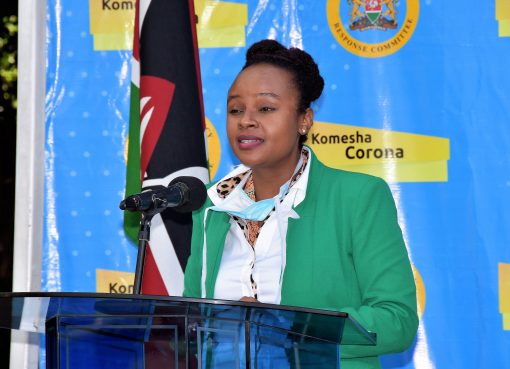The Government has asked pension scheme providers in the country to adhere to the new pension regulations.
The new regulations came into force after the adoption of the Pensions Amendment Bill of 2020.The Bill allows subscribers of pensions schemes to access up to 40 percent of their pension to own houses.
Previously, upon discharge, employees were entitled to their own contributions, 50 percent of their employer’s contributions, and any investment income that accrued after those contributions.
Furthermore, the regulations require the Retirement Benefits Authority (RBA) to regulate corporate trustees by requiring them to submit audited financial statements within three months after the end of every financial year.
Retirement Benefits Authority is a regulatory body under the National Treasury, established under Retirement Benefits Act.
The Retirement Benefits Act was enacted as part of the ongoing reform process in the financial sector to bring the retirement benefits industry under harmonized legislation, to address the many problems that have hitherto faced the industry.
The regulations in the pension schemes aim at guaranteeing people affordable houses as advocated in the Big Four Agenda of the Government comprising Food Security, Affordable Housing, Manufacturing, and Affordable Healthcare.
Addressing the press at the Leisure Lodge Resort, Kwale County, during a Zamara Pension Trustees Seminar, the Chief Executive Officer (CEO) for the Retirement Benefits Authority (RBA), Nzomo Mutuku said the regulations are beneficial as they empower the trustees and members of pension schemes to benefit from their pension scheme.
Mutuku added that the new regulations will make people get access to quality and affordable houses and minimize the frustrations caused by the Covid-9 pandemic.
“We learned a lot from the Covid-19 pandemic when people were forced to stay at home and many employees didn’t have the house and this caused lots of frustrations,” Mutuku said.
He said RBA has a membership of over 3 million which represents only 22 percent of the labour force.
The authority’s top manager said he is targeting to increase the membership to 32 percent by 2024.
Mutuku noted that the authority has assets amounting to Sh1.5 trillion invested in a diversified portfolio.
He said plans are underway for the authority to extend its investment in real estate and infrastructure.
“We are determined to make sure this industry grows in leaps and bounds by 2024 and our entrepreneurial expertise is assessing the market to advise the authority on the best investment plans”, Mutuku said.
The RBA CEO noted that the authority was hit hard by the Covid-19 pandemic as pension contributions dropped by Sh51 billion since 2020 due to massive job losses.
“The drop in pension contributions was rampant because many pension payers’ salaries were reduced, others lost their jobs and the majority suspended their contributions as the pandemic took a socio-economic toll on Kenyans,” Mutuku said.
The other proposals of the new law are to create Trust Retirement Medical Funds. The regulation will help beneficiaries of the pension schemes have access to quality and affordable healthcare.
Many people in the country within the age bracket 50-70 years are overspending to treat age-related diseases such as diabetes and high blood pressure.
Chief Executive Officer for Zamara Insurance Company, a leading financial services provider, Sundeep Raichura, said he welcomes the reforms in the pensions sector as it seeks to ensure that employees nearing retirement age have sufficient retirement savings.
He added that access to 40 percent of the pension shares will offer a distinctive solution to the problem of poor housing experienced by Kenyans in the labour force.
Raichura hailed technology for the role it played during the pandemic by easing the way of doing business.
He said through the mobile applications, the company has developed trustees and other members of the pension schemes have been able to access the services from their homes.
The government is currently working on the supply side to ensure that members get modernized houses at affordable costs once they get their savings.
Mutuku asked the implementers of the project to invest in a manner that is not harmful to the environment, social and governance as advocated by the government.
By Raymond Zaka and Hussein Abdullahi




